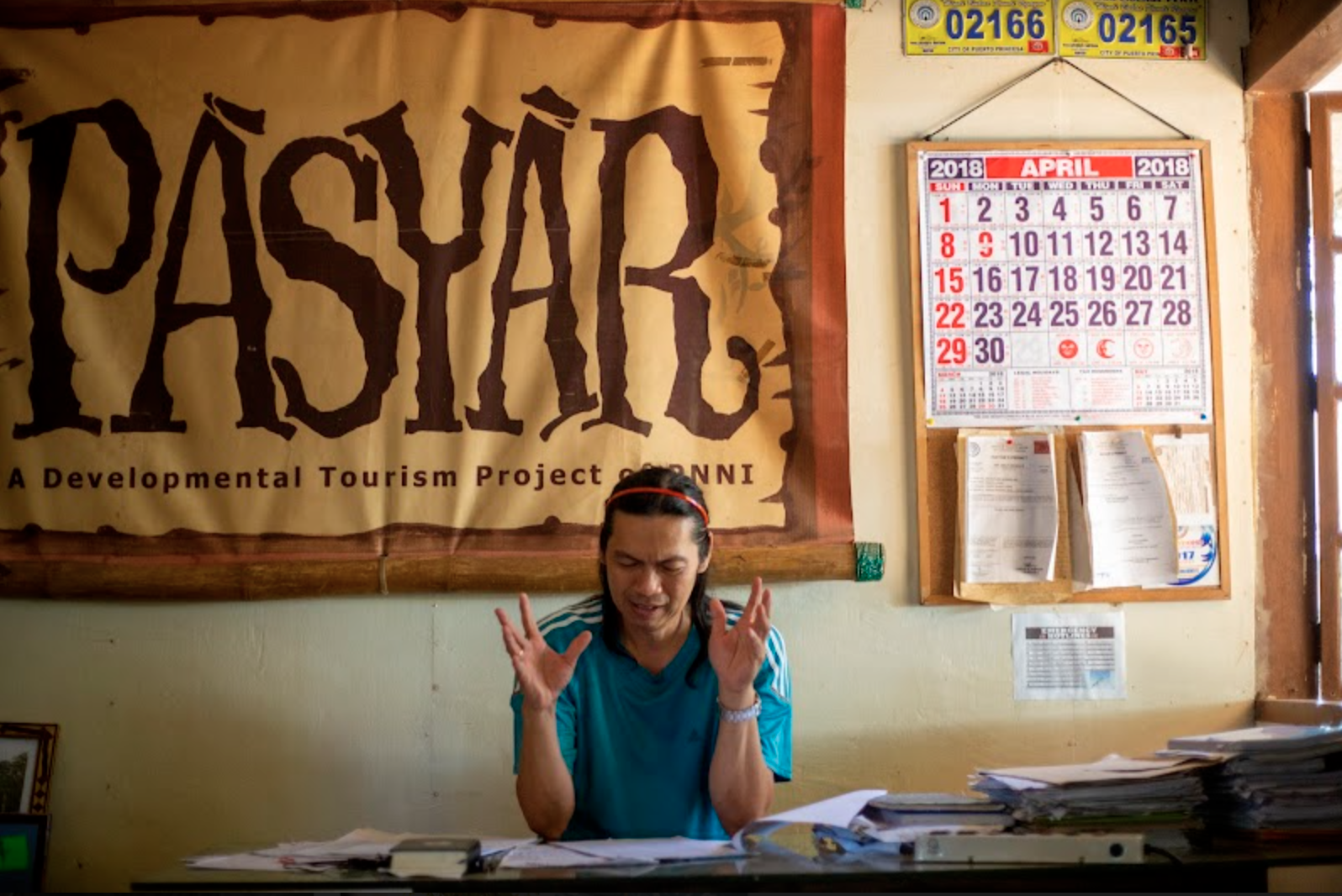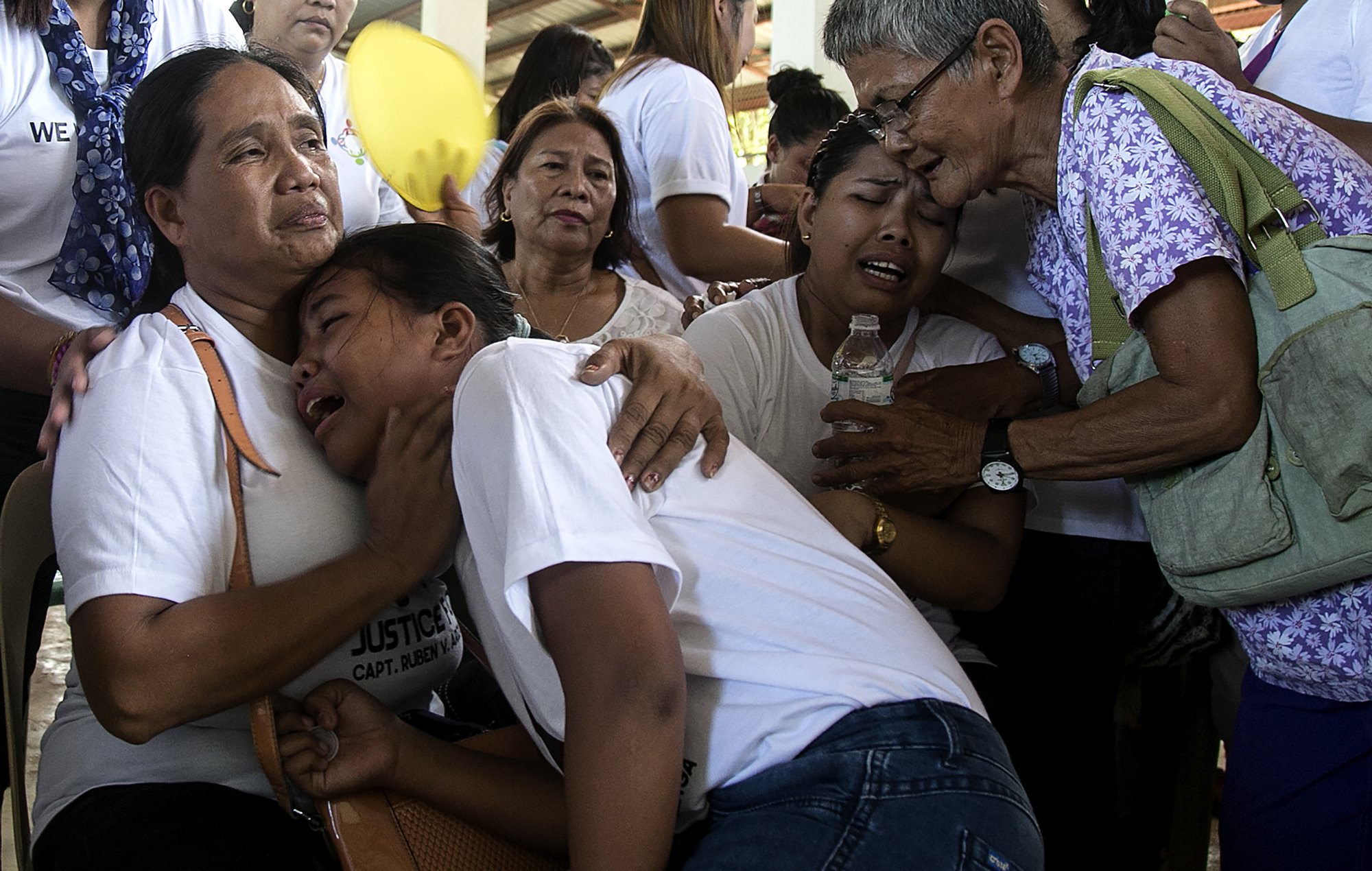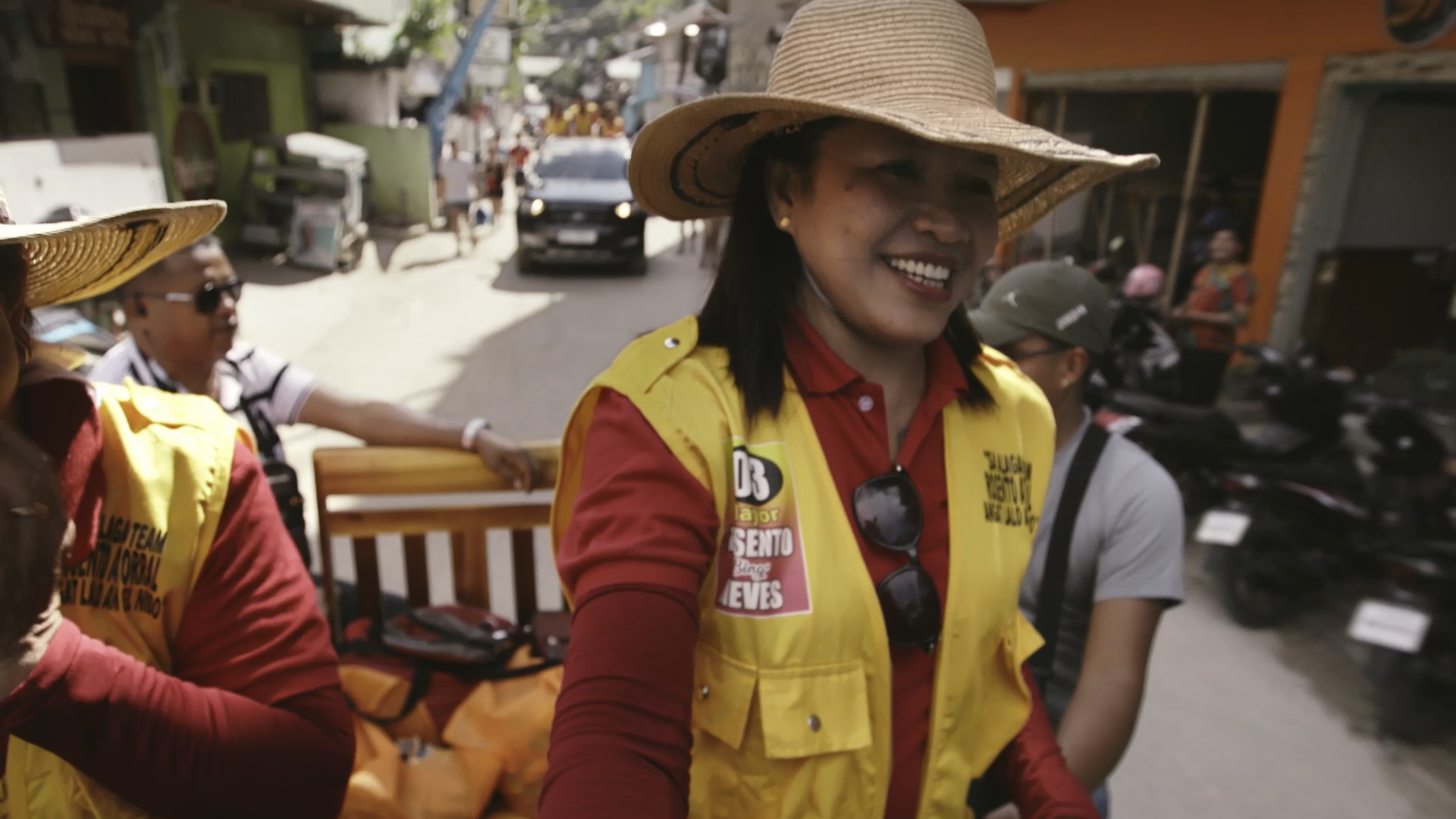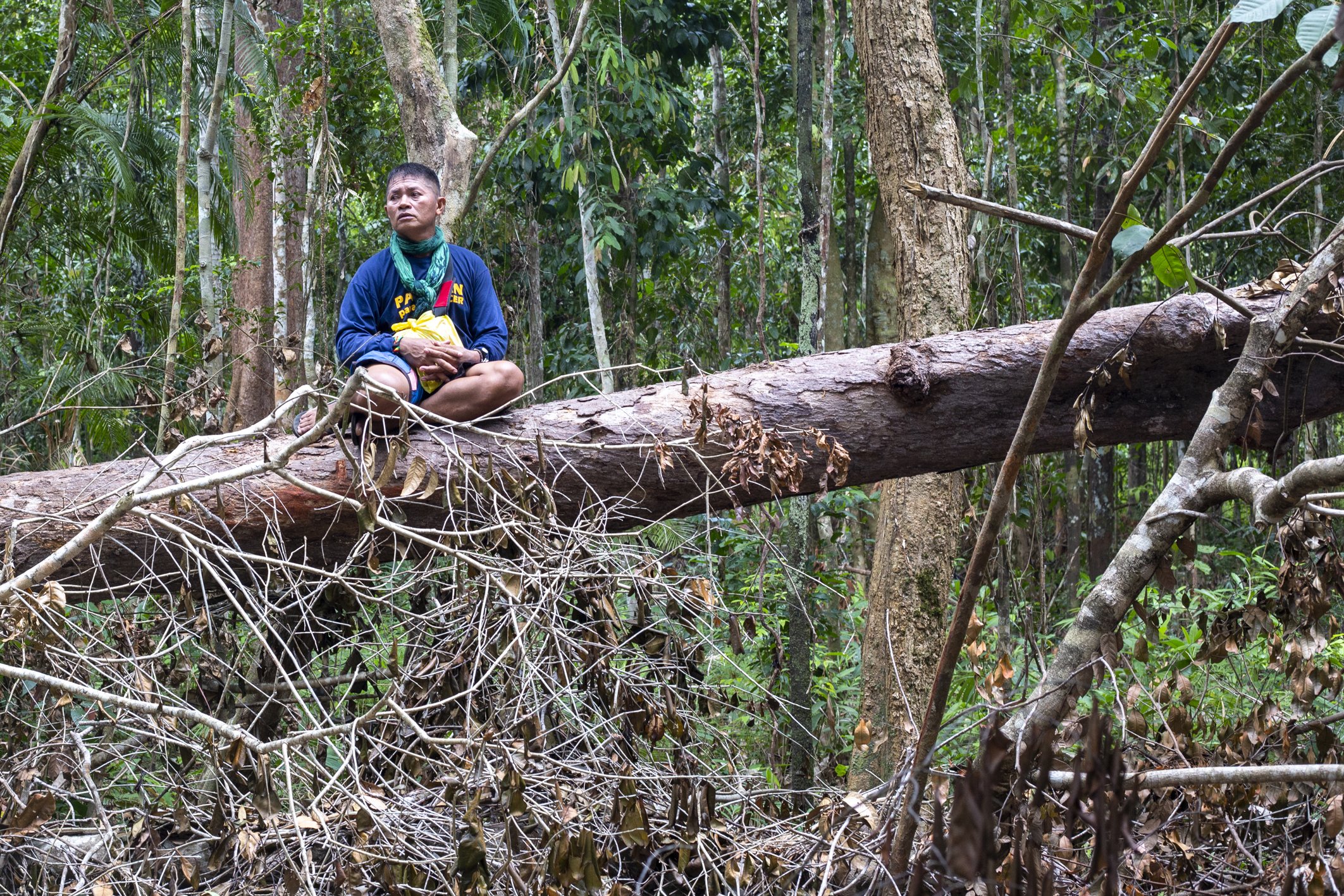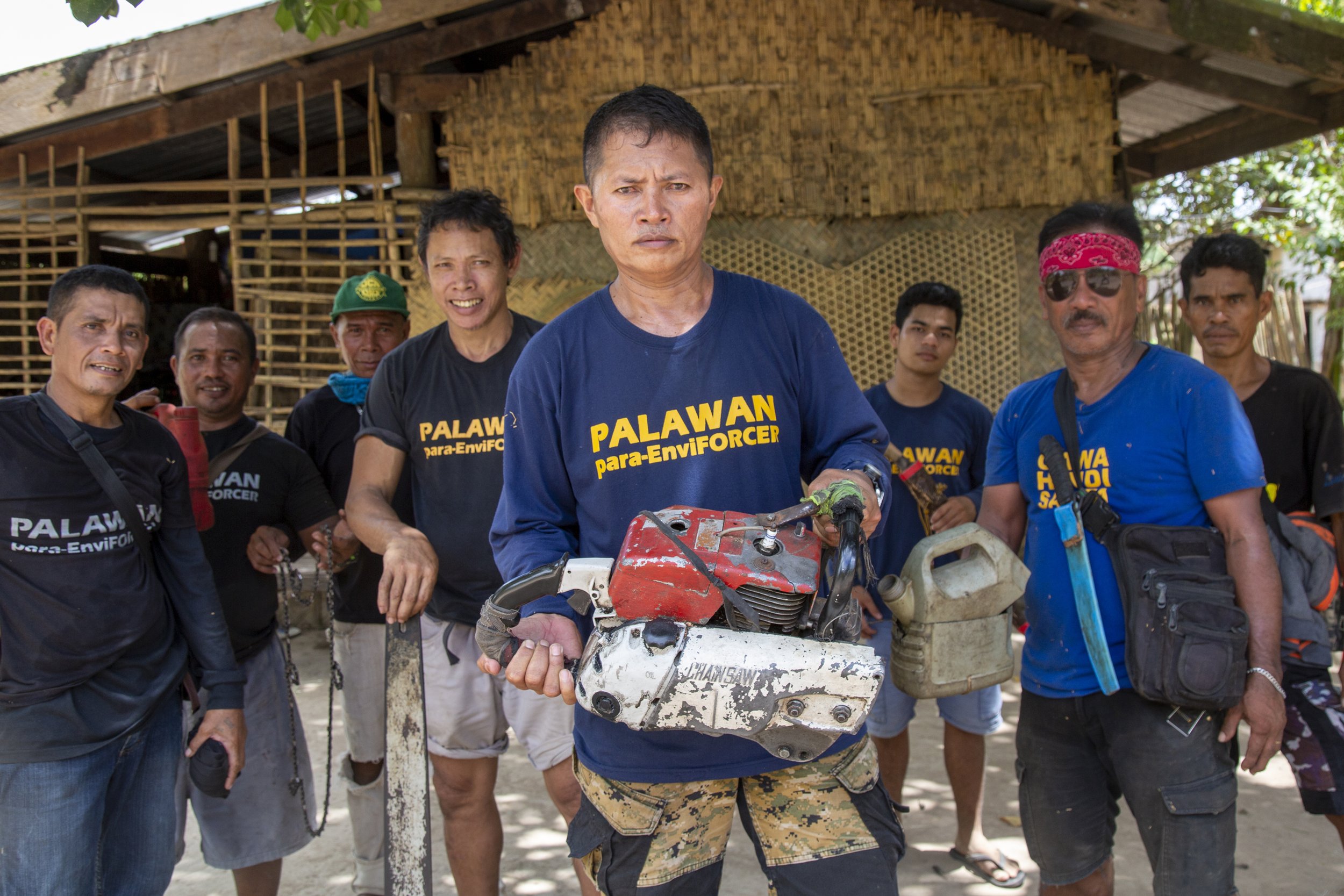“It has never been a deadlier time to defend one’s community, way of life or environment…” This is the chilling opening statement from an investigation by Global Witness, one of the world’s leading human rights and environment campaigners, into the spiralling number of murders of land defenders around the globe.
Its report continues: “Every two days, a land defender will be murdered somewhere around the world…. the Philippines is the most dangerous country in Asia to be a land defender.”
The battles being led by Bobby, Tata and Nieves in DELIKADO are the same as those being fought by local communities in Brazil, Cambodia, the Democratic Republic of Congo and elsewhere around the world where corporations and governments are seeking to plunder increasingly valuable natural resources.
They are being killed for trying to stop mining, agribusiness and logging. Many of the deaths occur in remote villages or rainforests. The victims are often from indigenous communities and the killers are rarely caught. The powerful masterminds behind the murders virtually never. All these factors are in play in Palawan.
The film has a special relevance and urgency in highlighting the perilous fate of Palawan, the most biodiverse part of the Philippines and home to two UNESCO World Heritage-listed natural wonders.
Palawan, due to its remoteness, had long avoided the corrupt development seen around the rest of the Philippines over recent decades as the country's population has boomed. Palawan's rainforests are among the biggest, oldest and most diverse in Asia. They are home to thousands of animal and plant species.
But few people know it is on the path to environmental destruction. Politicians and businessmen are destroying Palawan at an unprecedented rate to extract its forests, minerals and fish. Urbanisation and tourism are other pressures leading to the depletion of Palawan’s natural resources.
Once the last of Palawan’s majestic Apitong, Kamagong, Ipil and other endangered trees are cut down, these species will be forever lost. With the demise of these forests will come the loss of Palawan's incredibly diverse range of endemic animal species. Some of the world's largest butterflies - bigger than an outspread human hand - can only be found in Palawan's rainforests. They are also home to seven-foot monitor lizards, turquoise and violet-winged peacocks, giant grey bear cats, bulging-eyed geckos as long as an adult's arm, flying squirrels and dirt-brown "horned" frogs.
Centuries-old traditions and customs for the tribal people still living in the forests will also disappear if the forests are destroyed. Other communities living in towns and villages outside of the forests will face floods and droughts when the forests are gone.
